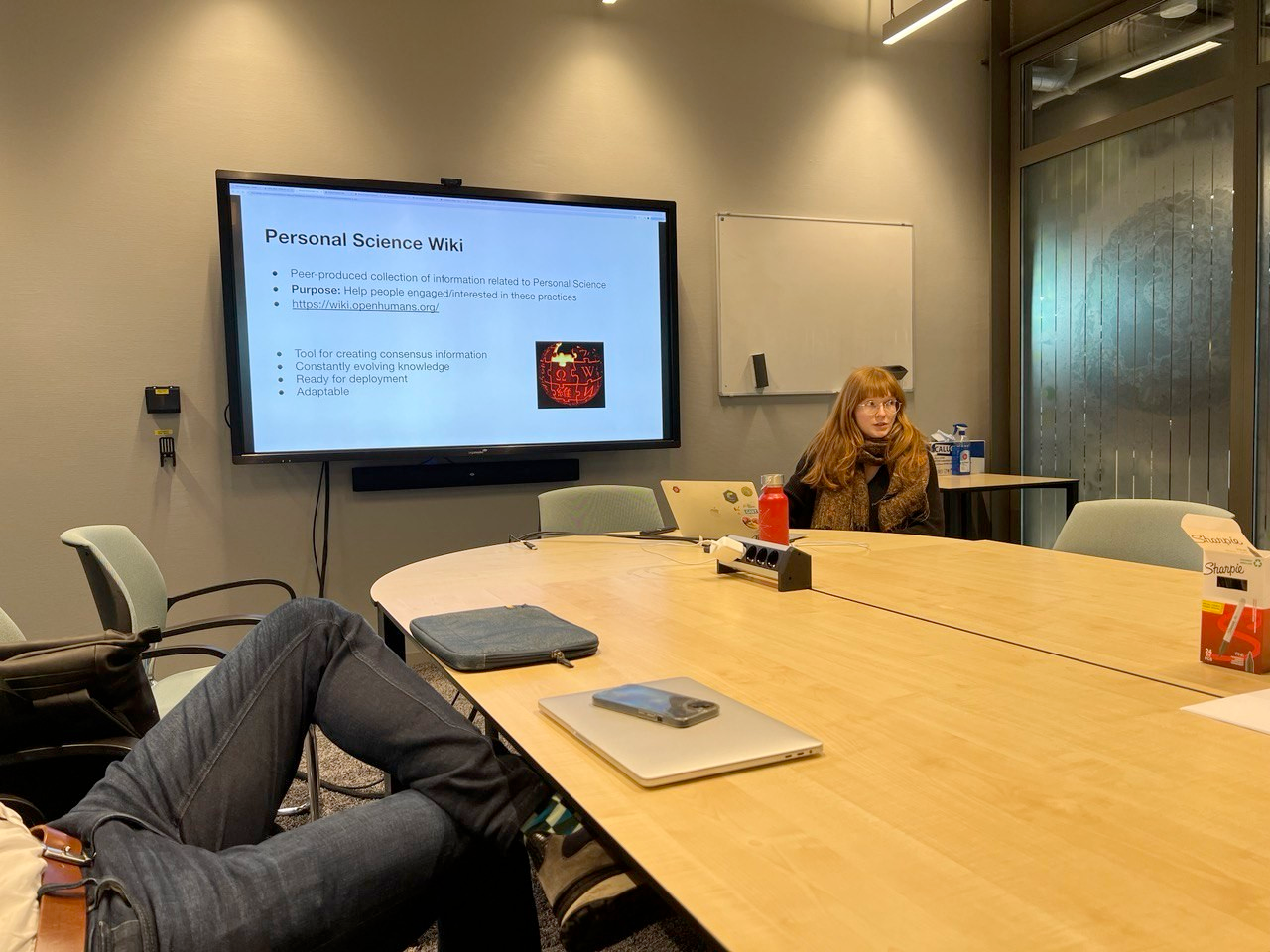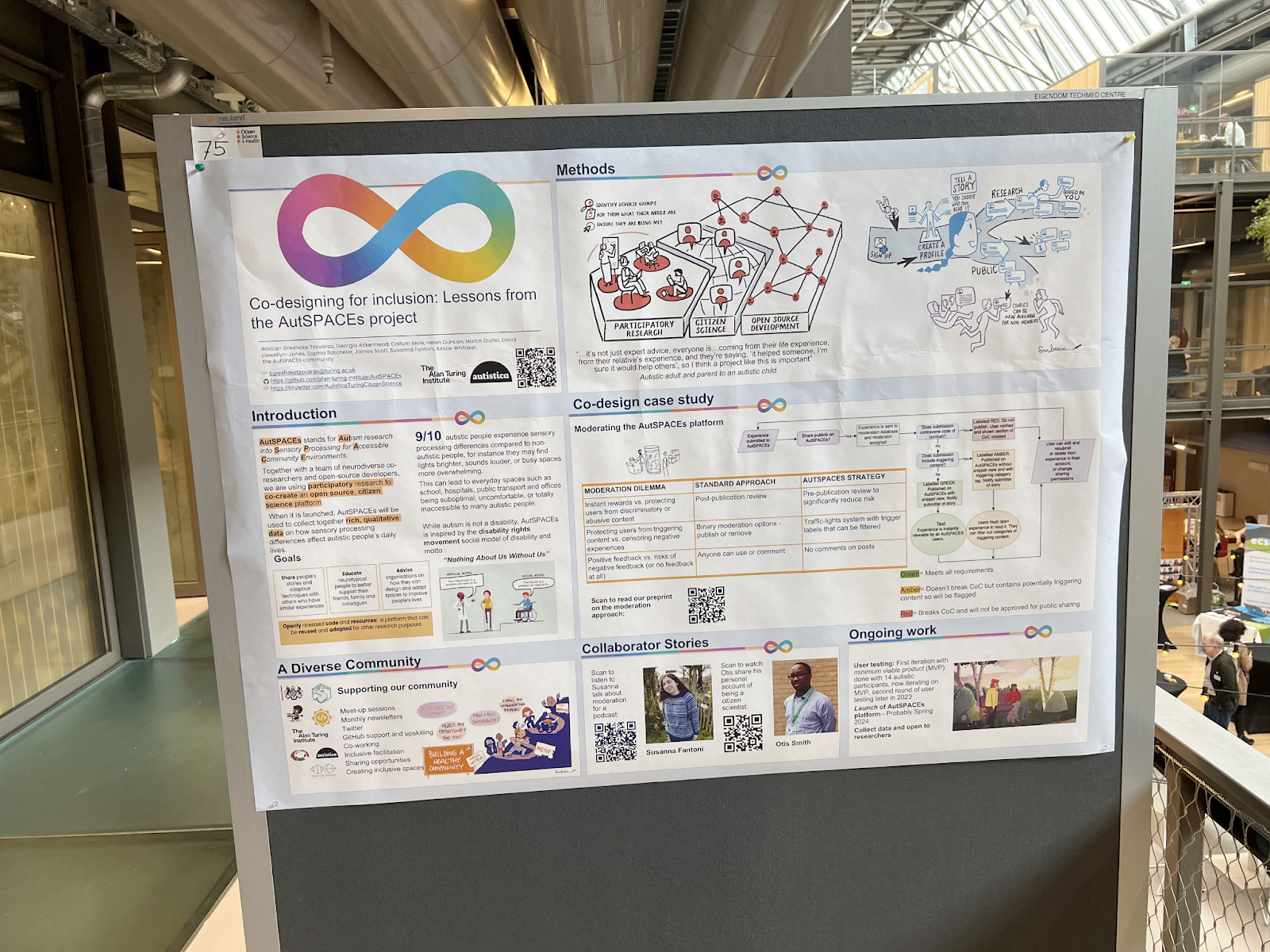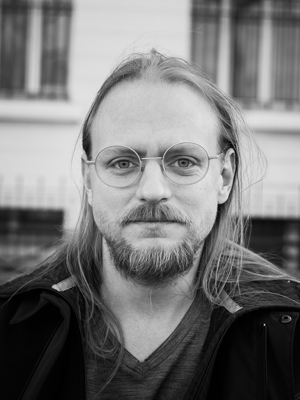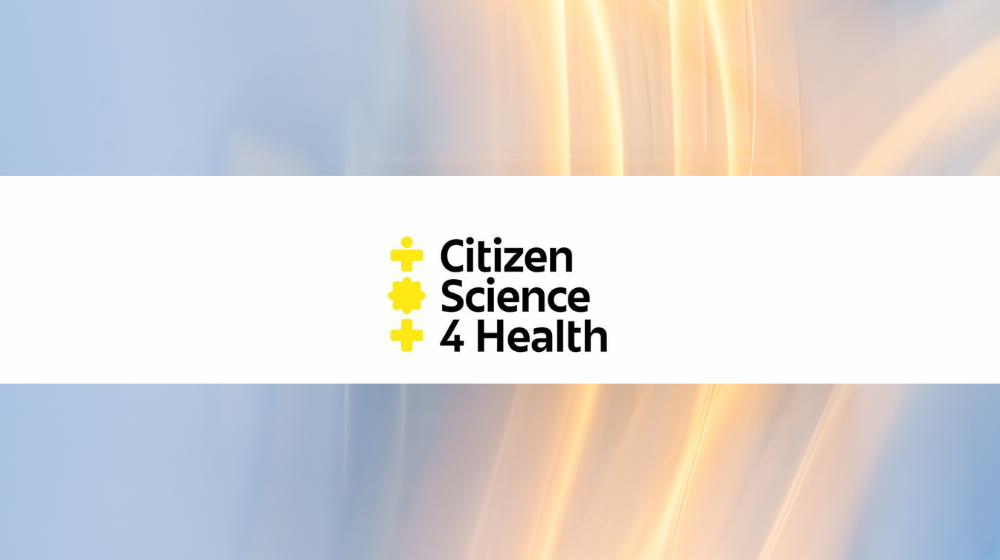From October 29 to November 1 2023, the first international conference on Citizen Science 4 Health (CS4H) took place at the University of Twente in Enschede, Netherlands. The conference brought together around 150 participants from across the globe and included researchers, patients, policy makers, and funders. Because citizen science as a collaborative method that involves the general public is increasingly facilitated through online platforms and software applications, there was plenty of opportunity to talk about software sustainability as well!
Given the focus on collaborative practices, the conference organizing committee (of which I was part) decided to focus less on the more traditional conference presentations, and instead centre around longer workshop sessions as well as shorter "solution rooms" – to brainstorm solutions to open issues in the field. The diversity of topics in these was as broad as the conference audience: from mapping the approaches that different patient communities internationally use to engage in research themselves, to the use of art-based methods to design collaborations, and from the ethics of citizen science, to managing the boundaries between researchers and patients.
From a software perspective, there was particular attention given to the different ways in which researchers, software engineers and patients/the public can work together to co-design and co-implement tools that can be used for citizen science, including how to co-develop the content for a chatbot used to collect people's input on existing support structures for mental health. Along those lines, we also presented two of our citizen science efforts that are rooted in the co-development of software tools.

Our first contribution was a solution room around a common issue faced by personal science practitioners. Personal science describes the practice of individuals using empirical methods to answer personal questions about their health. While this approach can be really powerful, a big barrier is the lack of reference knowledge and materials for people who want to get started. To that end, Katharina Kloppenborg – who just defended her PhD – presented a solution room on how we used design-thinking methods to find a way to collectively create consensus information on the (constantly evolving) best practices.
The resulting "Personal Science Wiki" was implemented using a semantic Mediawiki, thus re-using a widely used software and interface that also makes sure that the contributions are FAIR. This, alongside the documentation of existing personal science research projects that is stored in the wiki, aims to lower the entry barrier for newcomers. The Wiki is already available to use and contribute to.

Afterwards, I presented another currently ongoing project in a more traditional format as a poster. AutSPACEs is a co-created citizen science project that aims to collect data on how and where autistic people experience sensory processing challenges in day-to-day life through an online tool. Since the project started, the input of autistic voices has been the driving force for the design and development of the research project and software.
Based on this community input, the project evolved from purely academic research into also providing peer-to-peer recommendations and learnings. And to ensure equitable co-ownership of the project, we make all of the code openly available alongside as much data as possible. The poster is available online.
While quite different, both sessions were extremely valuable for our work. In both cases, the attendees had some great feedback and insights that will, on the one hand, help us improve our own research and, on the other, lead to our approaches being reused in different settings and encourage future collaborations. And that's what citizen science is all about!
If you are curious to learn more about the conference and its outputs, many presenters and facilitators are collecting their materials in the conference's Zenodo community!


